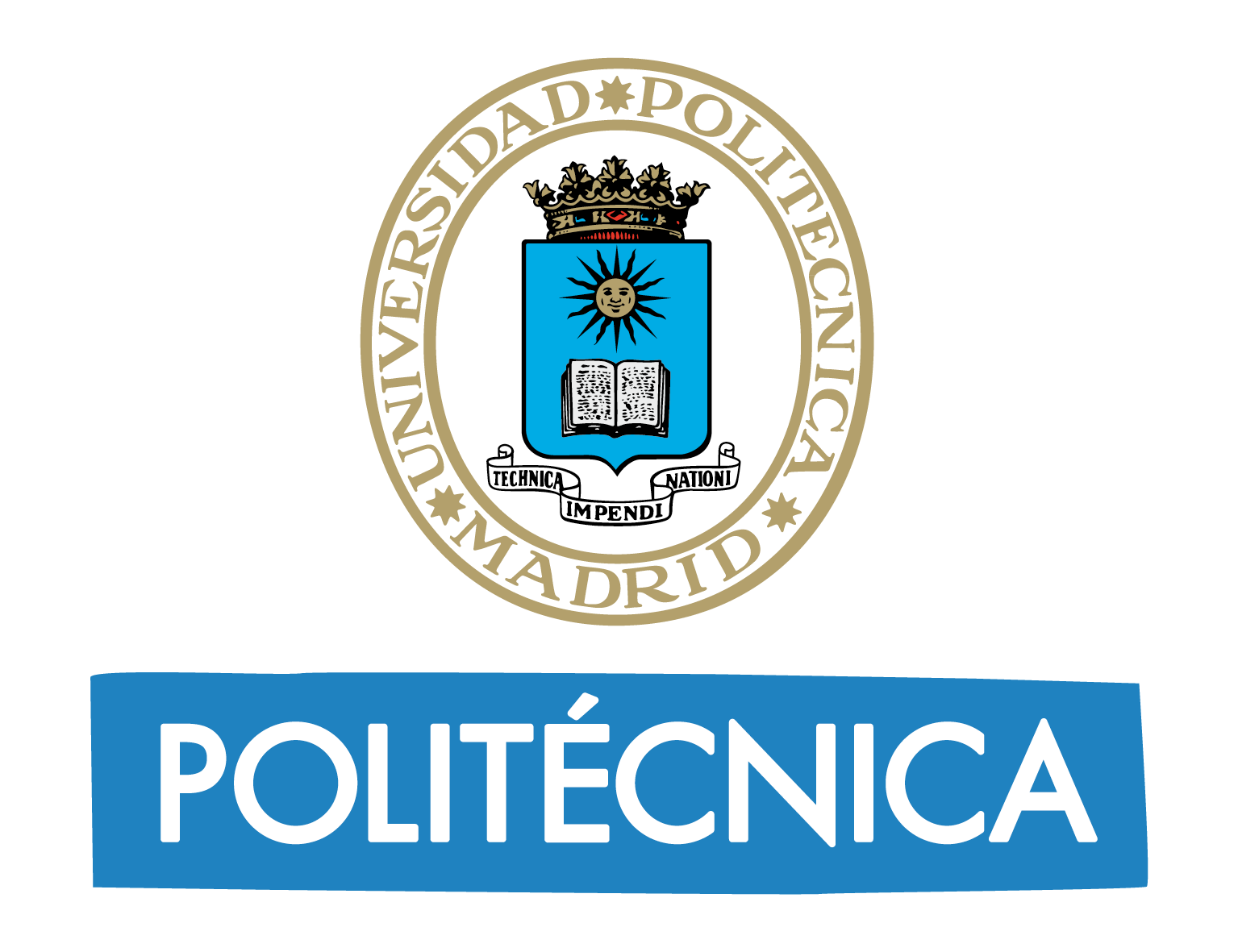Infrastructure Planning and Management
| Centre | ESCUELA TECNICA SUPERIOR DE INGENIEROS DE CAMINOS, CANALES Y PUERTOS |
|---|---|
| Official Degree | Infrastructure Planning and Management |
| Web | http://masterinfraestructuras.ingenieriacivil.upm.es/ |
| Area | Civil Engineering, Energy Sustainability and Environment |
| Modality | On-campus education |
| Credits | 60 ECTS |
| Languages | Spanish |
| Orientation | Professional |
| Places | 60 |
| Contact | Secretaría Máster Infraestructuras 910674554 secretaria.masterpgi.caminos@upm.es |
| Presentation | The Master's Degree in Infrastructure Planning and Management is a professional Master Program, which is under the authority of the Escuela Técnica Superior de Ingeniería Civil (School of Civil Engineering), belonging to the Universidad Politécnica de Madrid (Technical University of Madrid). The aim of this Master's Degree is to provide advanced training in technologies, in the civil engineering field, in order to train highly qualified professionals, which will be able to manage all kinds of infrastructures related to civil engineering in an efficient way. The planning and management of an infrastructure involve all its life cycle, from design to construction, continuing through the maintenance and rehabilitation, and finishing with the demolition or removal. The process implies a framework of sustainability and respect for the environment. Furthermore, in an increasingly demanding and changing economic environment, companies must provide themselves with professionals able to innovate and implement the latest trends and tools in the field of infrastructures, as well as to create differentiated advantages that improve the profitability and competitiveness of their companies, a very important aspect in globalized markets. The Master's Degree curriculum has been designed considering the skills demanded by the industry and society to the European civil engineering: 1. Solid scientific and technical training, especially for research and consultancy. 2. Ease of integration in interdisciplinary teams. 3. Management capacity. 4. Economic and financial knowledge. 5. Environmentally-friendly civil engineering practice. 6. Use of new technologies. 7. Communication skills. 8. Familiarity with the legal framework of civil engineering. 9. Civil engineering practice consistent with the safety and welfare of citizens. |
| Interuniversity | No |


